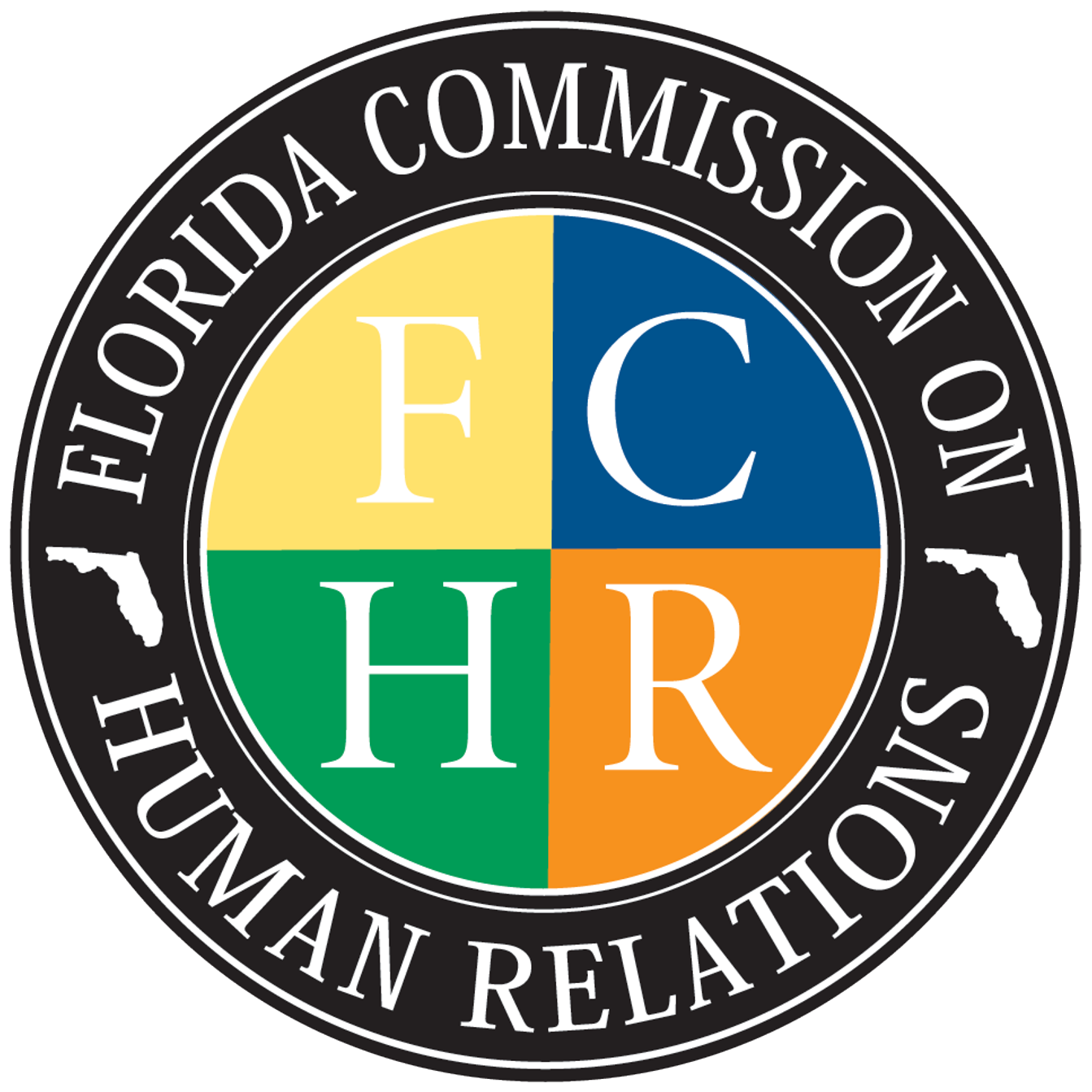TALLAHASSEE – Three icons whose unyielding commitment to equality and human dignity helped shape modern Florida have been selected as the inaugural group of inductees into the new Florida Civil Rights Hall of Fame. Governor Rick Scott has chosen pioneering educator Mary McLeod Bethune, civil rights leader C.K. Steele and advocate for seniors and minorities Claude Pepper as the first individuals to be enshrined in the new Hall, which was established by the Legislature in 2010.
The three will be memorialized on plaques displayed on a wall of honor in the state Capitol Building rotunda. The plaques will be unveiled at a formal induction ceremony to be held soon. The Governor selected the three individuals from among 10 finalists submitted to him by the Florida Commission on Human Relations.
“Each one of these individuals has lived a remarkable life, dedicated to forwarding the cause of civil rights,” Governor Scott said. “They serve as shining examples in our time as we strive to give everyone a fair chance for economic and educational development that will strengthen our state and nation.”
Under the law establishing the Civil Rights Hall of Fame, the Commission accepts nominations and submits 10 finalists to the Governor, who may select up to three individuals to be inducted. The legislation establishing the Hall was championed in the Legislature by Sen. Tony Hill and Rep. Alan Williams, along with many cosponsors.
“The legacy of these three trailblazers is all around us,” said Michelle Wilson, executive director of the Florida Commission on Human Relations. “The lives of all Floridians are enriched through their outstanding contributions, so it is fitting that they be honored for years to come in the seat of Florida government.”
The Florida Civil Rights Hall of Fame honors individuals who were born in Florida or adopted the state as their home. The first ones being honored as inductees are:
Mary McLeod Bethune (1875-1955)
Mary McLeod Bethune’s work in Florida and the United States opened doors for all African Americans, but particularly women, and enhanced the lives of all people who needed an advocate. The first of her parents’ children born after the Emancipation Proclamation, she understood from an early age the value of education and a free mind. She worked as a teacher and missionary in South Carolina and Georgia before moving to the Florida community of Palatka, where she established a mission school for black children and taught their parents to read and write. In 1904, she moved her family to Daytona Beach and established the Daytona Normal and Industrial School for Colored Girls – the institution now known as Bethune-Cookman University. She served as president of the school from its founding until 1942, by which time she was a nationally recognized figure. She served as director for Negro Affairs for the National Youth Administration and as a special adviser to President Franklin D. Roosevelt on minority affairs. She was elected president of the NAACP in 1940 and during World War II campaigned for desegregation in the armed forces.
Rev. Dr. Charles Kenzie Steele Sr. (1914-1980)
For a time, the only statute of a person in Florida’s capital city was of the Rev. C.K. Steele, who from his beginnings as a teenage preacher rose to become one of the leading voices of the nation’s civil rights movement. While serving at Tallahassee’s Bethel Baptist Church in 1956, Rev. Steele organized a months-long bus boycott that, though less prominent than its Montgomery counterpart, resulted in the end of segregated seating on city buses. He soon presided over the first meeting of what eventually became the Southern Christian Leadership Conference, serving as its first vice president under the leadership of Dr. Martin Luther King Jr. Rev. Steele served as state and local president of the NAACP and throughout the 1960s remained involved in efforts to eliminate racial discrimination in all public facilities across the South. His efforts to improve the black community continued throughout the remainder of his life.
Claude Denson Pepper (1900-1989)
As a state legislator, member of Congress and U.S. Senator, Claude Pepper is best known as the nation’s foremost champion of the elderly. Occasionally overlooked is the fact that, even as a young officeholder, Pepper also advocated equal opportunities for women, for minorities and for underpaid laborers. He was elected to the Florida House of Representatives from Taylor County at age 27, and one of his first legislative successes was a bill that exempted all Floridians older than 65 from having to obtain fishing licenses. He also opposed a resolution that undermined the idea of racial equality. Later as a member of Congress, Pepper authored a Fair Labor Standards Act establishing a minimum wage and maximum hours for laborers, introduced a forerunner of Social Security, sponsored an Equal Pay for Equal Work for Women resolution, supported legislation to eliminate poll taxes and introduced a bill calling for “adequate health care for all Americans.” In the 1960s, Pepper supported all civil rights legislation in Congress and was influential in the creation of Medicare and Medicaid. In his later years, Pepper focused substantially on the needs of the elderly; one of the last major pieces of his legislative legacy was a 1986 law barring mandatory retirement based on age. He was a recipient of the Presidential Medal of Freedom and appeared on the cover of Time magazine in 1935 and then again in 1982 – almost a half-century later.
The Commission will soon begin accepting nominations for individuals to become the second group of inductees into the Civil Rights Hall of Fame. For more information, go to http://fchr.state.fl.us/outreach/florida_civil_rights_hall_of_fame .
